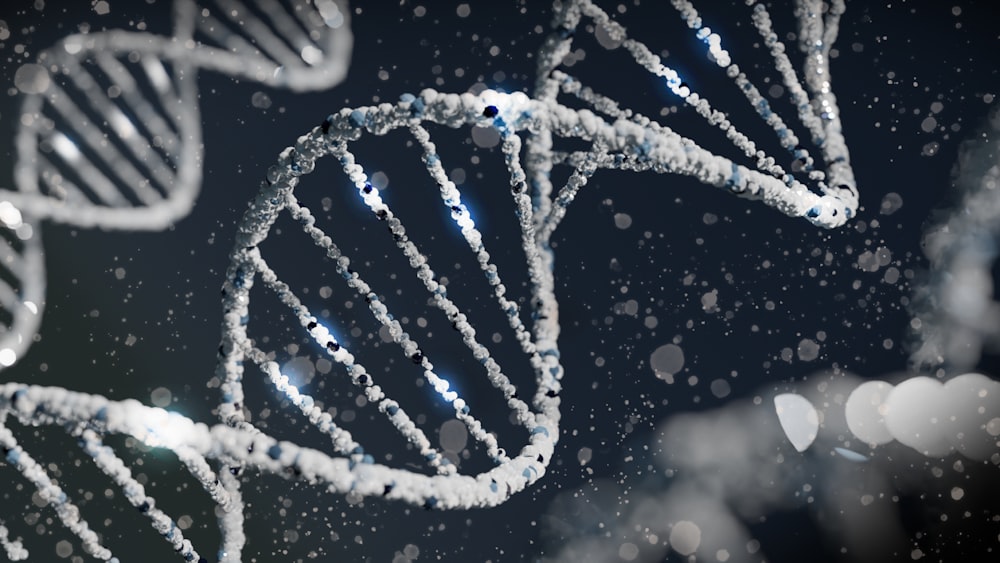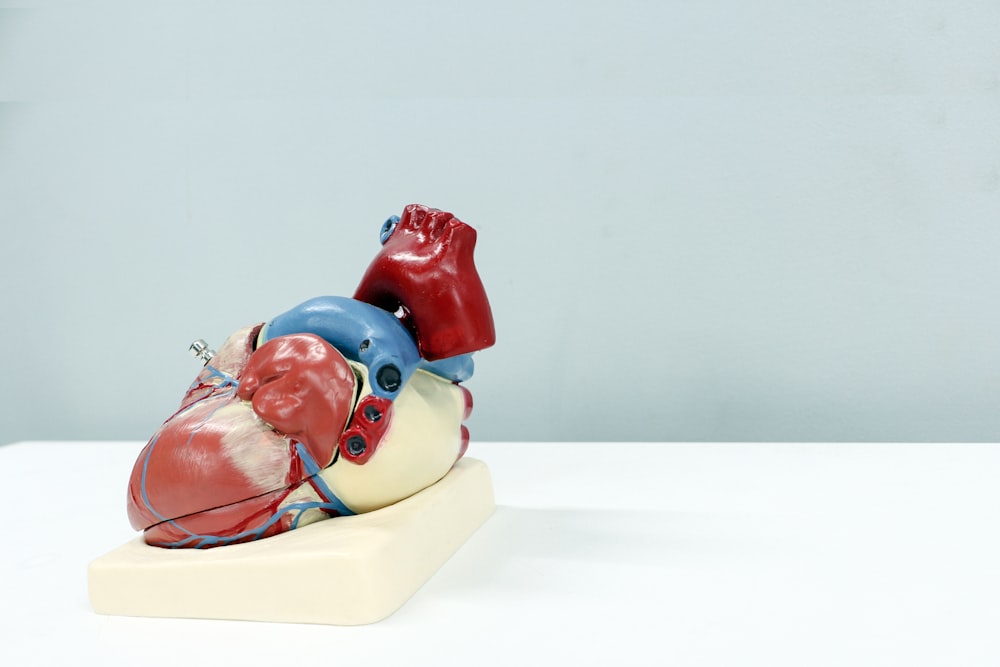
Hypertension symptoms often go undetected and unnoticed, which is why regular screenings are so important. According to the World Health Organization, around 1.3 billion people aged 30 to 79 years old have hypertension. In the US, an estimated 29 percent of adults suffer from this condition. Statistically, the prevalence of hypertension increases with age because, over time, the vascular system or network of blood vessels and arteries becomes stiffer, resulting in inefficient heart pumping and higher pressure.
This scenario could even happen to elderly individuals who practice heart-healthy habits and feel completely healthy. For this reason, the World Health Organization also reports that 46% of those with hypertension (also commonly referred to as high blood pressure or high BP) are unaware they have this condition. Hypertension symptoms aren’t typically very noticable. The fact that this condition often goes undetected is one of the reasons why hypertension is one of the leading causes of premature death worldwide. Protect yourself, keep your BP stable and your heart strong by learning more about hypertension below:
What is a Blood Pressure Reading?
Everyone has the ability to get a blood pressure reading. Blood pressure refers to the amount of blood that is pushing up against your arterial walls. It can be measured through two numbers: systolic and diastolic blood pressure.
Systolic blood pressure is the pressure within your arteries as your heart beats. On the other hand, diastolic blood pressure is the pressure within your arterial wall when the heart is at rest in between beats. Systolic blood pressure is often higher than diastolic pressure.
It is important to note that normal blood pressure reading should be no more than 120/80 mmHg. This may rise and fall through the day depending on the strenuousness of the activities you are engaged in. It may be higher, especially, during exercise and workouts or when you encounter stressful situations like problems with work or a death in the family.
However, when your blood pressure readings are chronically higher even while you’re at rest, then you have high blood pressure. High blood pressure levels become particularly dangerous when they remain high over a consistent period of time as the condition could further weaken your heart, leading to a heart attack, stroke, heart disease, or even death.
Causes of Hypertension
Before we discuss the symptoms of hypertension, let’s discuss the causes. High blood pressure could naturally develop as time goes by. However, many other factors contribute to high blood pressure. Some causes uncontrolled blood pressure include the following:

1. Genetics
Your genetics may determine your susceptibility to acquiring hypertension. Individuals whose parents have experienced hypertension have an increased risk of developing it themselves. This risk is amplified if both parents suffer from hypertension. Moreover, family environmental conditions play a big role. For instance, living with an older relative with high blood pressure means you may be sharing the same lifestyle habits like diet or lack of movement that increases the risk. Additionally, research shows ethnicity may play into it, as cases of hypertension were found to be more common, begin at a much younger age, and occur more severely in African Americans.
2. Unhealthy lifestyle choices and overall poor health
High blood pressure can be a result of poor health and lifestyle choices. These include living a sedentary life with little movement and no exercise. Lack of movement weakens the heart and delays the body’s detoxification, with free radical harming the organs due to oxidative stress. Hypertension can also be exacerbated by stress, lack of sleep, and poor eating habits, like eating too much sugar, fatty food, and sodium-loaded food. On top of that, consuming too much alcohol and smoking also increases your chances of developing hypertension because you expose your body to toxic chemicals that weaken your system.
3. Underlying health conditions
Certain underlying health conditions leave individuals predisposed to getting hypertension. This may include illnesses like diabetes and obesity. Studies show that both obesity and diabetes increase sympathetic activity by increasing insulin resistance. It is this sympathetic nervous system that governs reflex adjustments of the cardiovascular system. Kidney disease and sleep apnea can also cause high blood pressure.
4. Pregnancy
Pregnancy can potentially cause high blood pressure often referred to as gestational hypertension. Moreover, if the woman suffers from pregnancy complications, like pre-eclampsia and eclampsia, this can lead to other heart-related issues. This happens because pregnant women have to pump the blood for their babies while they develop. This can be strenuous for some mothers, especially for those with a family history of gestational hypertension, pre-eclampsia, and eclampsia. This means if your grandmother, mother, or aunt suffered from any of these conditions, it increases your likelihood of acquiring it, too.
Hypertension Symptoms
Hypertension symptoms (or symptoms of high blood pressure) are quite undetectable. Most of the time, this health issue can only be noticed when checked by a sphygmomanometer or blood pressure monitor. That’s why some people refer to hypertension as the ‘silent killer’, because you can have extremely high blood pressure without experiencing any hypertension symptoms. This could then lead to a critical hypertensive crisis, resulting in a stroke or heart attack.
However, it is important to note that there are a few symptoms or characteristics that individuals with hypertension may have or embody.
Noticeably heavy breathing may indicate poor blood circulation, a characteristic of hypertension.
Migraine attacks are also common hypertension symptoms for individuals with high blood pressure.
Additionally, individuals who are overweight have a higher risk of developing hypertension. Those with highly stressful work or home environments also run the risk of developing high blood pressure. If you notice any of these things in your own life, consider consulting your doctor.
Even if you do not notice yourself battling any of the aforementioned manifestations or potential indicators of hypertension, it is best to regularly check your blood pressure to ascertain your reading is normal. It is recommended that you keep a blood pressure monitor at home so you can conduct this heart health check as a preventive measure.

Risks of High Blood Pressure
Hypertension gets a bad reputation in the medical community because it “opens a can of worms” so to speak. This diagnosis can leave you susceptible to acquiring a trove of diseases and medical conditions. Uncontrolled blood pressure can create serious and irreversible damage to your health and may harm important organs like the brain, heart, kidneys, and eyes.
Being diagnosed with hypertension (having high blood pressure) could put you at higher risk of stroke, heart attacks and heart disease as well as cognitive dysfunction, dementia and kidney disease.
Prevention and Mitigation
Prevention is the best cure and certainly better than getting treatment. If you are lucky to be hypertension free, you can keep it at bay by engaging in healthy habits and getting regular checkups for monitoring. Exercise regularly, practice healthy eating, follow sleep hygiene habits, and learn to manage stressful environments.
If you have been diagnosed with high blood pressure, all is not lost. There are still ways for you to mitigate the potential health risks that may arise from hypertension. Take note of the following:
1. Consult your cardiologist
Consult your doctors as to what type of medication you can take to stabilize your blood pressure. You must take all the prescribed medications given by your doctor to lower your blood pressure. Follow the prescription religiously and alert your doctor should there be any changes. Don’t forget to regularly monitor your BP at home and go for your annual physical check-up, even when you’re feeling fine.
2. Change your diet
One way to control your hypertension is to eat healthy food. Avoid overly fatty and oily food and reduce sugar and sodium consumption. It would also be best to get hold of your alcohol consumption. For better results, consider consulting a nutritionist about which foods are heart healthy and which foods are not.
3. Lifestyle changes
Exercise and sleep regularly to reduce stress. For patients who are overweight and obese, regular exercise can help shed a few pounds which may lessen blood pressure. You must also minimize your exposure to stress by learning coping mechanisms. It’s advisable to seek counseling or have a creative outlet so you can have positive ways to channel your stress.
If you’re serious about preventive health, consider taking a CircleDNA test . It will provide you with reports of your health and disease risks based on your genetics, so it can identify your predisposition to hypertension based on your DNA. The reports also include diet, nutrition, and lifestyle suggestions that are suited to your unique DNA.






